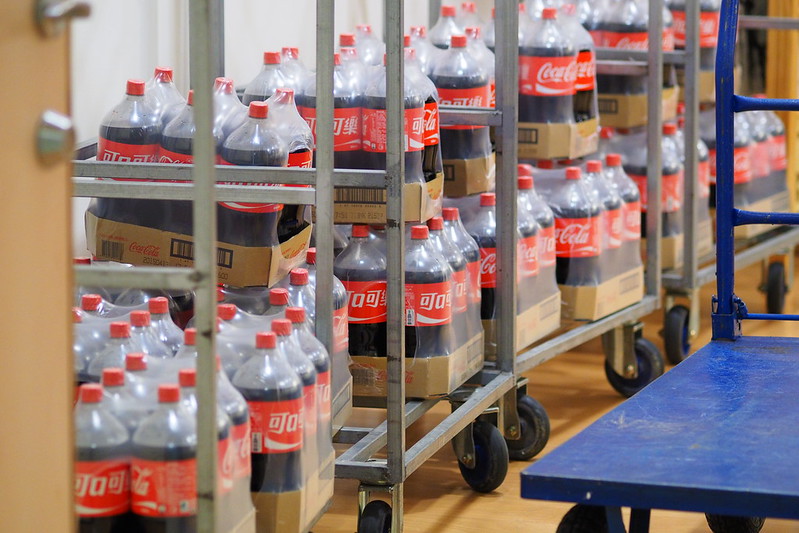Excerpt:
Of the 147 companies with a package recyclability goal, only 15 percent were on track to meet it.
Corporations churn out single-use plastic packaging by the truckload — disposable yogurt cups, takeout food containers, shopping bags, mailers, cling wrap, and more. These items comprise much of the 19 million metric tons of plastic waste that ends up in the environment each year. As such, many companies have made vague promises to address the plastic pollution crisis by increasing the recyclability of their packaging and reducing the amount of virgin material they use.
But they’re not doing enough.
According to a new analysis published Wednesday by the shareholder advocacy nonprofit As You Sow, dozens of the world’s largest companies are falling short on both ambition and action to ensure plastic packaging doesn’t end up in landfills or littering the environment. Too few companies have quantitative sustainability targets for plastic, the report says, and those that do are either setting the bar too low or are failing to make significant progress — or both.
“Every company can be doing more,” said Kelly McBee, circular economy manager at As You Sow and one of the report’s co-authors. In particular, she said corporations should place more emphasis on reducing the plastic they use, rather than replacing virgin plastic with recycled content.
For its report, As You Sow looked at annual reports, sustainability reports, filings to the Securities and Exchange Commission, and other publicly available resources from 225 of the world’s most valuable companies across five sectors: apparel, food and beverage, household products, quick-service restaurants, and retail. The nonprofit evaluated these corporations on six criteria related to advancing a “circular economy for plastic packaging,” referring to a system that keeps plastic in use for as long as possible before it has to be thrown away.
These criteria included the recyclability of companies’ plastic packaging, whether that packaging is made from recycled material, and how much of it is reusable. The report also considered companies’ efforts to reduce plastic use and support extended producer responsibility, or EPR, policies that would make them financially responsible for managing their plastic packaging after it’s sold to consumers.
Each company got scores for overall ambition and overall action, which, combined, contributed to a letter grade. Measurable steps were weighted more heavily than targets “to elevate the importance of action over words,” as McBee put it.
No company got an A, and only nine got a B. Half got an F, and almost every industry was characterized by “unambitious to modest goals” with “slow progress” toward achieving them. The industries with the highest average scores were cosmetics, household products, alcoholic beverages, and consumer electronics. Those at the bottom were hospitality, chemicals, and motor vehicles…









